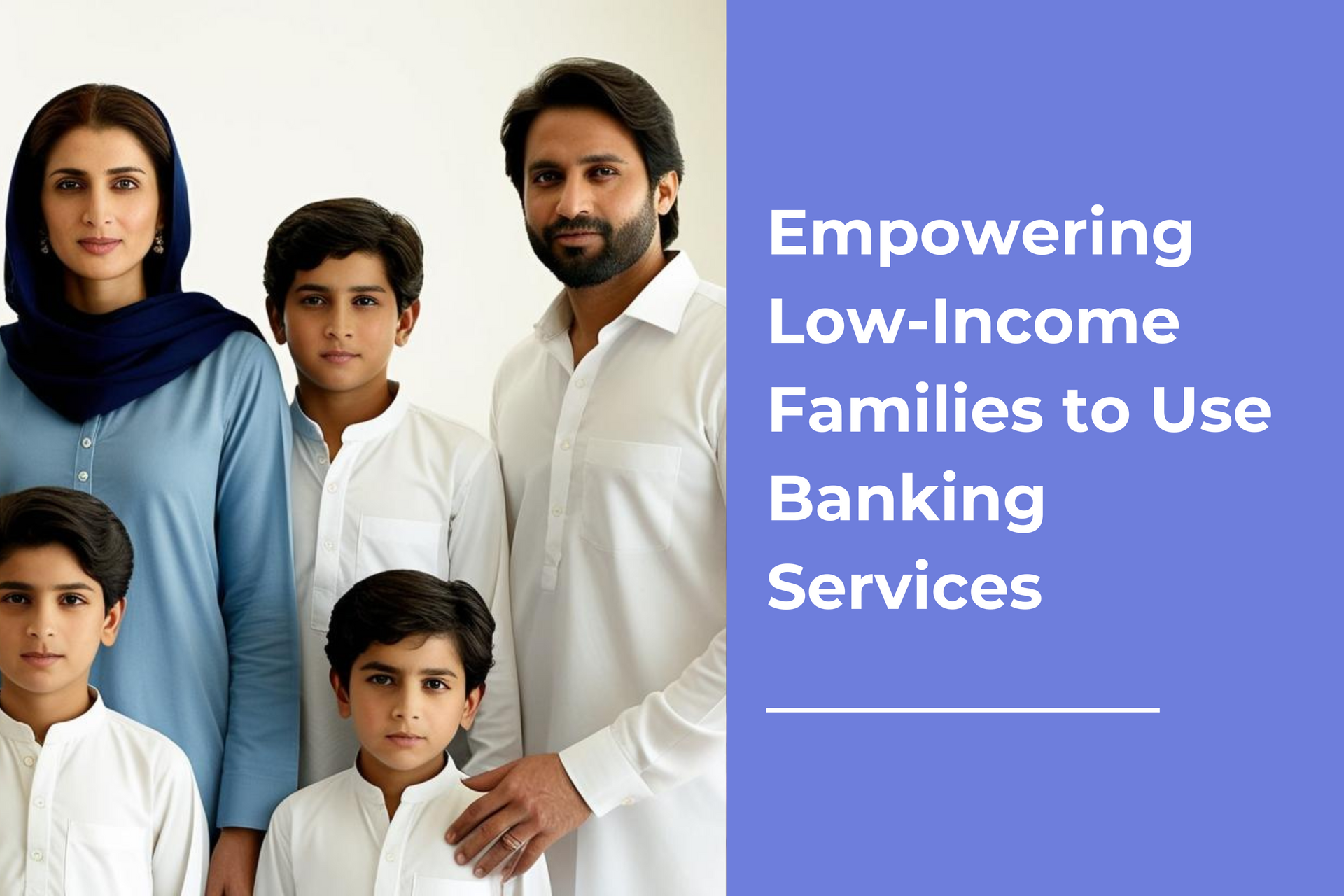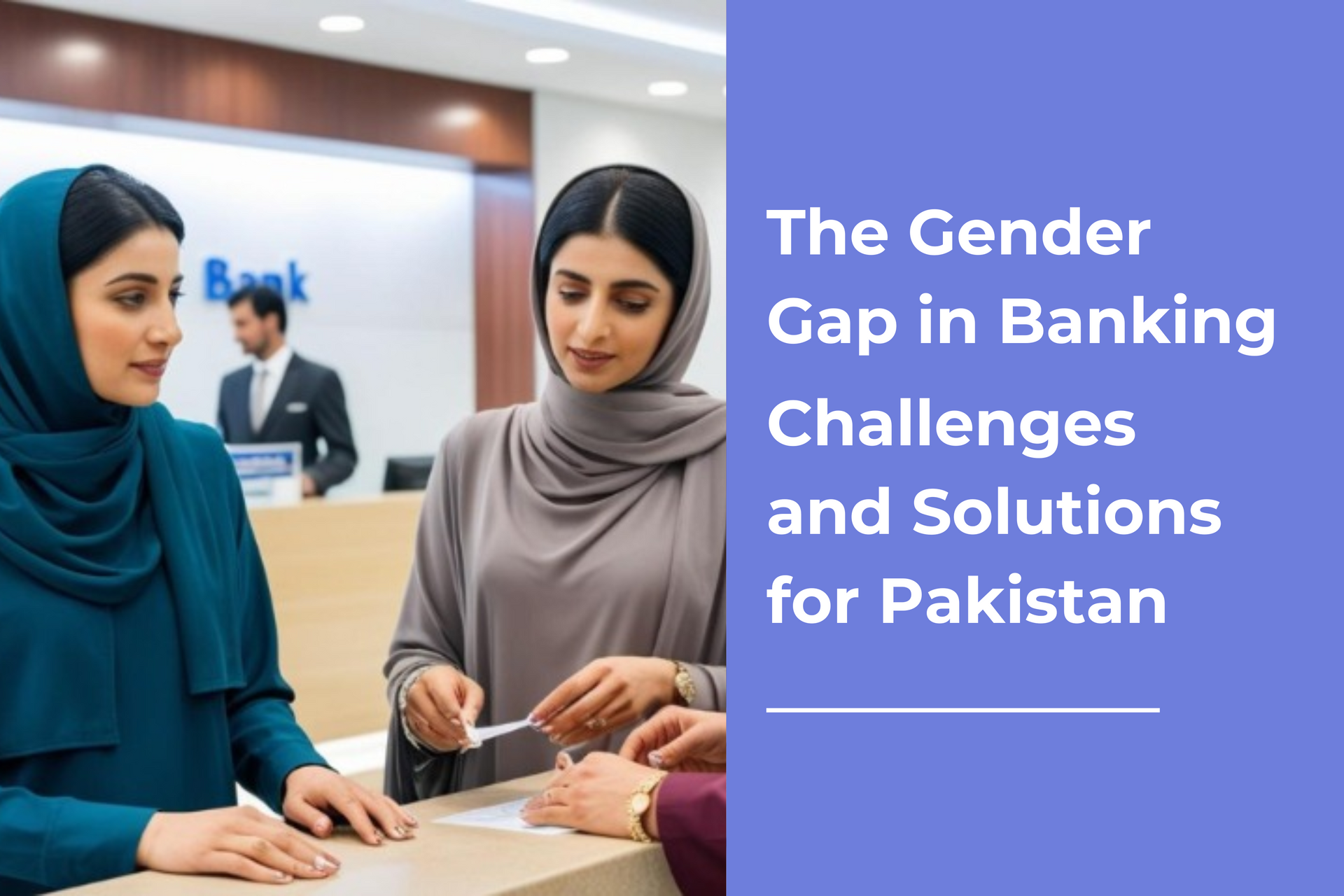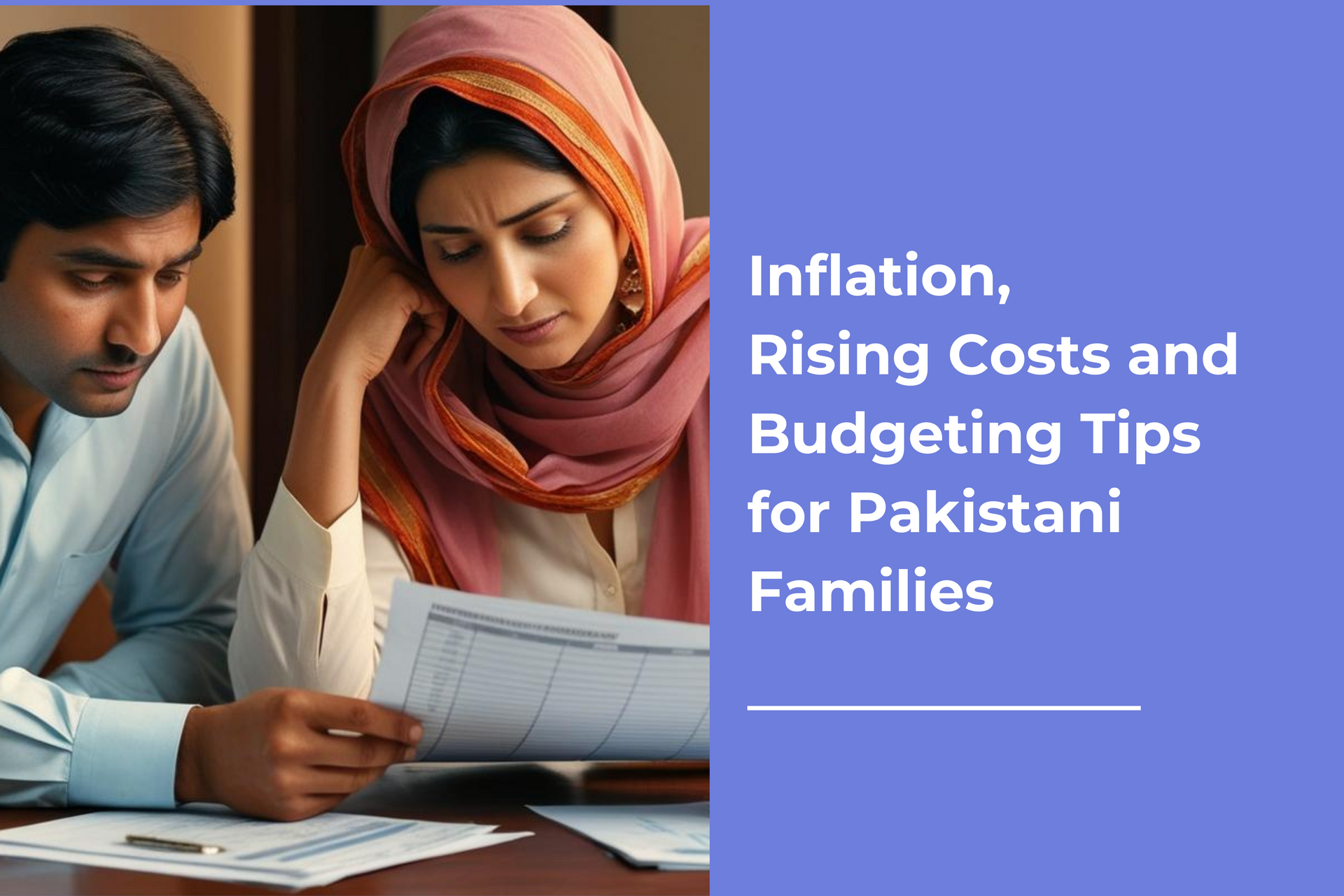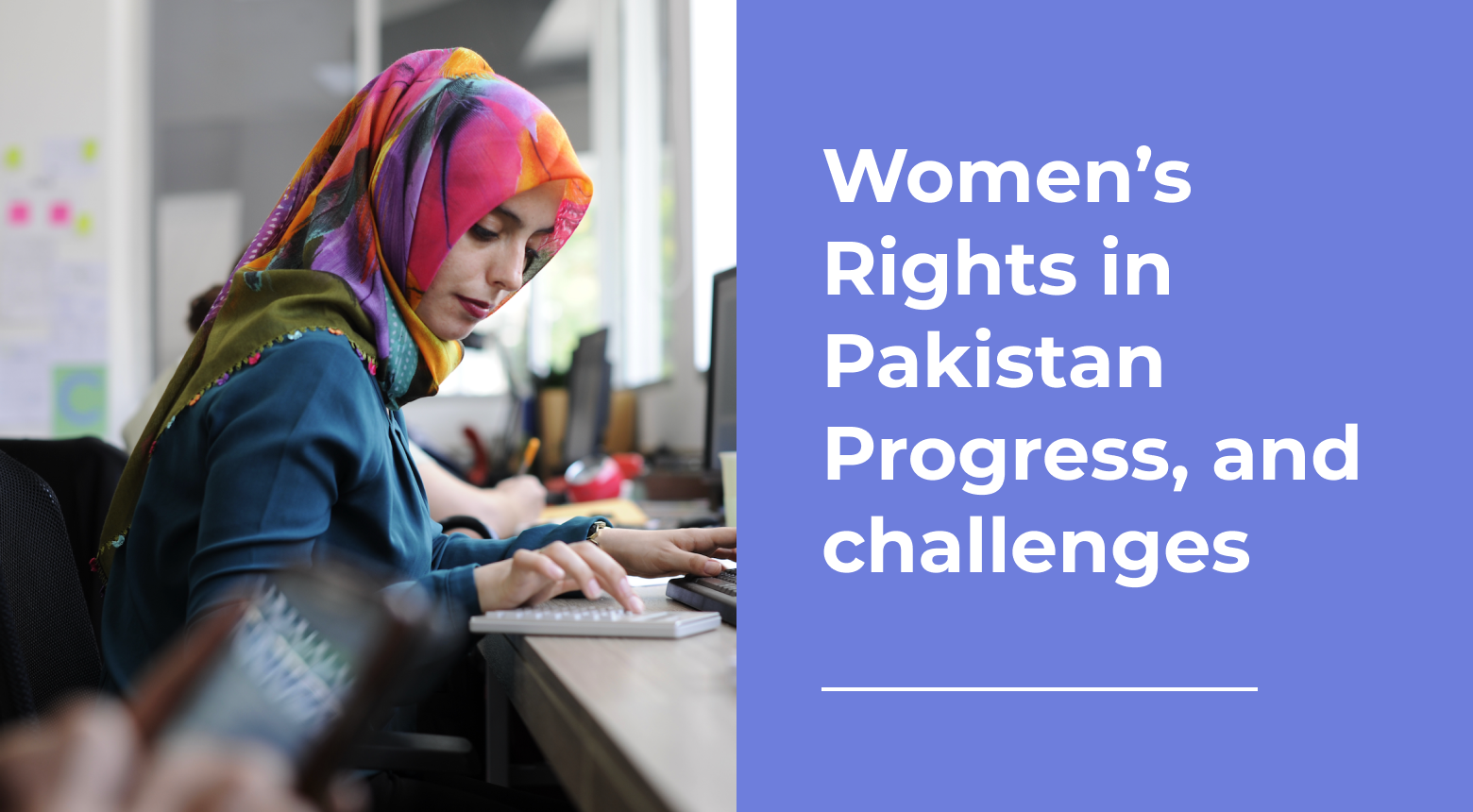

Imagine stepping into adulthood, freshly graduated and full of ambition, only to find a job market with few opportunities and a cost of living that’s rising faster than you can keep up. This is the reality for millions of young Pakistanis today, who, despite their skills and aspirations, are facing some of the highest youth unemployment rates and financial pressures in recent history. The dream of financial independence and stability feels out of reach as inflation soars and basic expenses like food, rent, and fuel become increasingly unaffordable.
What does it mean to be young in Pakistan today? How does a generation burdened by limited job opportunities and growing economic challenges navigate these turbulent times? This is not just a statistical story but a lived reality—one that requires understanding, adaptability, and, most importantly, a new approach to building a secure future amidst uncertainty.

Rising Youth Unemployment and Economic Pressures
Youth unemployment is a pressing issue in Pakistan, contributing significantly to the country’s economic challenges. Nearly two-thirds of Pakistan’s population is under the age of 30, and unemployment rates among young people (ages 15-24) have reached an estimated 8.9%, according to the Pakistan Bureau of Statistics. This rate is notably higher than that for older demographics, creating significant financial stress for young people. With fewer job opportunities, many young Pakistanis lack the experience required to compete in the job market. In fact, only about 40% of recent graduates find employment within their fields, underscoring a gap between educational outcomes and market needs.
The rising inflation rate in Pakistan has exacerbated these challenges, driving up the cost of essential goods and impacting the financial stability of young professionals.
With inflation rates currently around 29.4%, prices of essential items like food, fuel, and housing have surged by as much as 40% in the past year alone.
This high inflation rate means that entry-level employees and job seekers often struggle to afford basic necessities. A financial expert, Ayesha Khan, explains, "High inflation disproportionately impacts young people who often have lower income and fewer assets, exacerbating their financial stress and limiting their economic mobility.
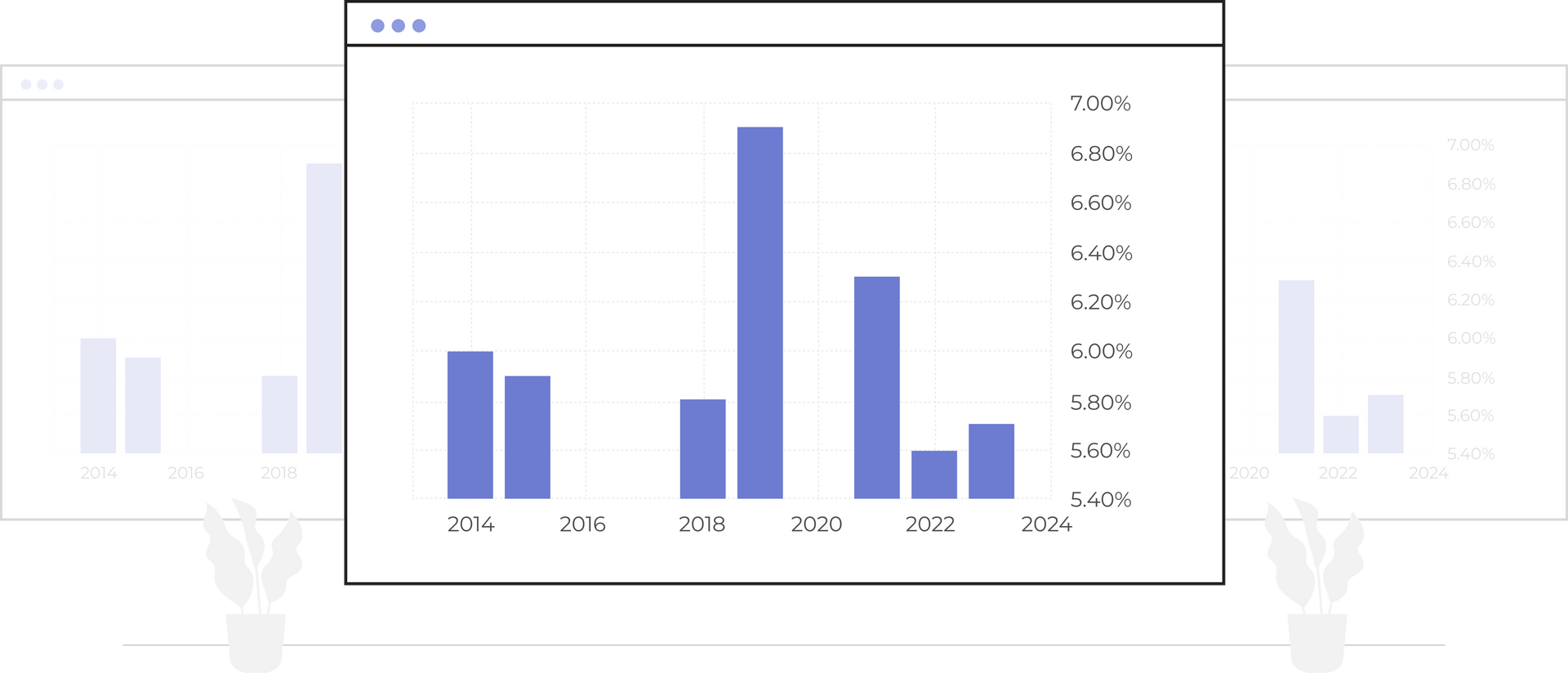
Case Study: Ali’s Struggle
Ali, a 23-year-old recent graduate from Karachi, provides an example of the struggles faced by many young Pakistanis. He graduated with a degree in engineering and entered the job market with high hopes. Despite sending out more than 50 applications, Ali encountered limited job opportunities and faced employers demanding years of experience. Finally landing an entry-level job with a modest salary, he quickly realized that rising prices were eroding his income. Ali shares, "I was excited to finally start earning, but inflation makes it feel like I’m barely scraping by. My rent, food, and transport costs have nearly doubled, and saving seems impossible.”
Ali’s struggle reflects a widespread issue facing Pakistan’s youth, many of whom experience financial pressure while trying to gain a foothold in the workforce.


Key Sectors and Emerging Career Opportunities
In Pakistan’s evolving job market, acquiring in-demand skills is key to securing employment and alleviating financial stress. Sectors like IT, digital marketing, healthcare, and renewable energy are experiencing high demand, while emerging fields such as the digital economy, e-commerce, and freelancing offer additional job opportunities. Data from LinkedIn indicates that software development roles have grown by 23% in the last year, reflecting a shift towards technology-driven employment. Career coach Ali Hamza advises, "Young professionals must focus on adaptability and lifelong learning to stay competitive in a fast-evolving market."
With the right skills, young Pakistanis can better navigate the competitive job market and improve their financial situations.
Practical Financial Planning and Budgeting Tips
Facing economic pressures? Here's what you can do to take charge of your finances and build a secure future.
Start Budgeting
Use budgeting tools like
YNAB (You Need A Budget)
or local apps to track income and expenses.
Develop a Saving Habit
- Build an emergency fund by saving a small amount monthly, even with limited income.
- Remember, small contributions add up over time.
Practice Responsible Debt Management
- Avoid high-interest loans whenever possible.
- Manage credit card expenses carefully to prevent debt accumulation.
Invest to Counter Inflation
Protect your savings from inflation by exploring inflation-protected options, such as:
- Government bonds.
- Mutual funds designed to hedge against inflation.
Seek Professional Advice
Financial advisors, like Zainab Qureshi, recommend prioritizing consistent savings to create a safety buffer for emergencies.
By following these steps, you can confidently manage your finances and thrive even during economic challenges.
Seek Professional Advice
Improving employability through skill development is crucial for young people facing economic challenges, yet limited access to quality education and training remains a barrier, with around 32% of youth classified as NEET (Not in Employment, Education, or Training). To address this, government and private initiatives are offering affordable learning options. Platforms like Digiskills.pk, Coursera, and edX provide free or low-cost courses, especially in digital skills, and Digiskills.pk alone has trained over 2.5 million youth. Government programs, such as the Prime Minister’s Youth Skills Development Program and NAVTTC, along with NGOs like PPAF, focus on vocational training in fields like IT and agriculture, impacting thousands, particularly in rural areas. Many young Pakistanis also turn to self-directed learning on platforms like YouTube and LinkedIn, where professional networking has surged, while programs like Kamyab Jawan support youth entrepreneurship, with 70% of beneficiaries under 30.
Together, these educational pathways equip young Pakistanis with in-demand skills for a competitive job market.

Exploring Alternative Career Paths
For Pakistani youth facing limited job prospects, alternative career paths like freelancing, the gig economy, and small business ventures offer viable ways to earn income and gain financial independence. The freelancing industry, in particular, has seen a surge in popularity, with Pakistan ranked among the top freelance markets globally. Platforms such as Upwork, Fiverr, and Freelancer.com are popular options, allowing young professionals to offer skills in areas like graphic design, writing, and digital marketing.
However, while freelancing and entrepreneurship provide flexibility and potential income growth, they also come with challenges, including income inconsistency and lack of benefits. Entrepreneurship presents another promising path, where young Pakistanis can leverage small business ideas and digital platforms to launch side businesses or startups. Programs like Kamyab Jawan offer financial assistance and mentorship to young entrepreneurs, supporting them in overcoming initial hurdles.
Despite challenges, these alternative paths can empower youth to build career autonomy, develop diverse skills, and explore multiple income streams outside traditional employment, ultimately contributing to financial resilience and independence in a competitive job market.
Mental Health Impact of Financial Stress
Financial stress is a significant concern among Pakistani youth, worsened by high unemployment rates and economic instability. The Pakistan Bureau of Statistics reported an 8.5% youth unemployment rate in 2022, with young women experiencing even higher rates at around 15%. This lack of financial stability often leads to anxiety, depression, and stress, with around 24% of Pakistani youth reporting symptoms of anxiety, according to the World Health Organization. Prolonged unemployment can deepen mental health issues, but maintaining a routine during job searches provides structure and a sense of purpose, which are beneficial for mental well-being.
Managing financial stress through mindfulness and financial planning also proves effective. Studies indicate that mindfulness practices can reduce stress by up to 30%, while budget management workshops—such as those offered by Akhuwat—help young people gain control over their finances. Apps like Headspace and Calm, which offer guided meditations and stress-relief techniques, can provide additional support. However, mental health resources remain limited, with only one mental health professional per 100,000 people, as estimated by the Pakistan Psychological Association.
To bridge this gap, NGOs like Rozan and Taskeen, as well as government-supported mental health hotlines, provide free or low-cost counseling and stress management workshops, offering essential support for youth navigating economic pressures.
Prevalance ratio of Depression, anxiety and stress.

84.4%
Stress

75%
Depression

88.4%
Anxiety
Government and Community Resources
Community and government resources play a crucial role in supporting Pakistan’s unemployed and underemployed youth. Government programs, such as the Ehsaas Emergency Cash Program, have provided essential relief, with Rs. 12,000 given to approximately 15 million low-income families during COVID-19. Another impactful initiative, the Kamyab Jawan Program, offers interest-free loans for youth entrepreneurship, benefitting over 100,000 young Pakistanis as of 2023 and aiming to create one million jobs within five years.
NGOs also make significant contributions; the Pakistan Poverty Alleviation Fund (PPAF) and Akhuwat offer financial assistance and skill development through microloans, supporting youth from disadvantaged backgrounds in starting small businesses. Additionally, Rozan, an NGO focused on mental health and personal development, provides youth with financial literacy and stress management resources, essential in a country where around 45% of young people report lacking career and financial guidance.
Despite the availability of these resources, only about 30% of Pakistani youth are aware of government support programs, underscoring the need for better awareness initiatives to ensure broader access to these empowering opportunities.
Take Action Today
Explore Skill Development:
Start an online course on platforms like Digiskills.pk or Coursera to acquire new skills.
Take Charge of Your Finances:
Use budgeting tools like YNAB or local apps to manage your income and savings.
Seek Mental Health Support:
If financial stress is affecting your mental health, consider apps like Headspace or Calm for stress relief, or reach out to organizations like Rozan for counseling.
Explore Alternative Careers:
By taking proactive steps, individuals can begin to build a more stable, resilient future despite the current economic challenges. Remember, no one is alone, help is available, and with determination, it’s possible to find the path that works best.

Need Help?
🏠︎ Dolmen Executive Towers, Level 7
Clifton Block 4, Karachi, Pakistan
Postal Code 75600



